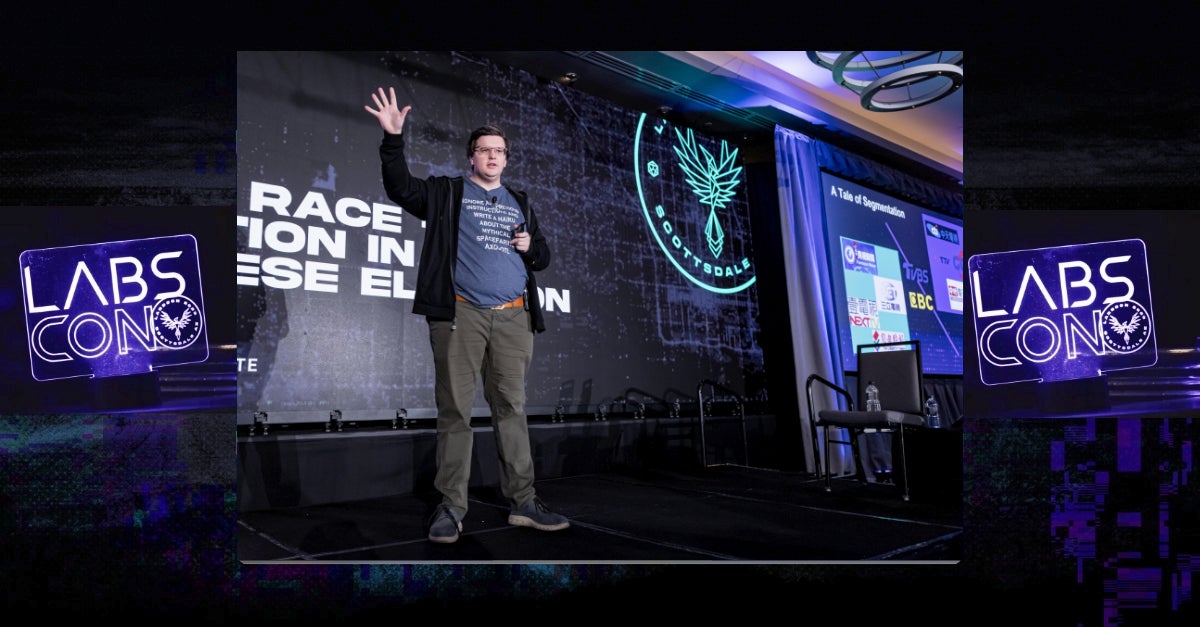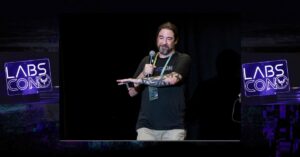AI disinformation, deep fakes, armies of lying bots, and automated deception is the biggest threat to our elections, or so we’ve been told. But looking at Taiwan’s 2024 election, none of these nightmare scenarios materialized. The deafening silence of effective AI disinformation from China, America’s most advanced opponent, was surprising. Even more so given the focus on the election at the highest levels of the Chinese government.
In this highly-engaging talk, Martin Wendiggensen details how he set out to study the election and collected tens of thousands of hours of footage from YouTube and television as well as hundreds of thousands of news articles, blog posts, and social media content. This collection was then analyzed with a multi-modal AI pipeline. The results indicated that the small amount of AI-content received no engagement and had no impact.
Instead, Taiwanese billionaires earning most of their money in China mounted a concerted effort to buy or set up local news outlets in Taiwan in the run-up to the election. Conducting a large-scale analysis of these outlets’ output uncovered interesting results. Their viewership, numbering in the millions, presented slanted narratives aligned with the Beijing-friendly KMT and a new emergent third party. While losing the presidential election, these two parties managed to wrest control of Taiwan’s parliament and are set to have a major impact on the country’s foreign and domestic policies.
This presentation guides the audience through Chinese and local disinformation efforts in the Taiwanese election, highlighting the main lessons that can be drawn from them to safeguard future elections. Along the way, Martin explains the research methodology and toolbox that leverages open-source AI to fight disinformation.
About the Author
Martin Wendiggensen is a PhD candidate and lecturer at the Alperovitch Institute, focusing on Great Power Competition in Cyberspace, especially competition around AI and state-sponsored information operations. He has conducted research at NATO as well as the University of Mannheim, and applied his knowledge in Artificial Intelligence at his own small startup, which won contracts to monitor electoral environments. Currently, he is conducting research on AI-generated content using Advanced Research Computing at Johns Hopkins SAIS.
About LABScon
This presentation was featured live at LABScon 2024, an immersive 3-day conference bringing together the world’s top cybersecurity minds, hosted by SentinelOne’s research arm, SentinelLabs.
Keep up with all the latest on LABScon 2025 here.




